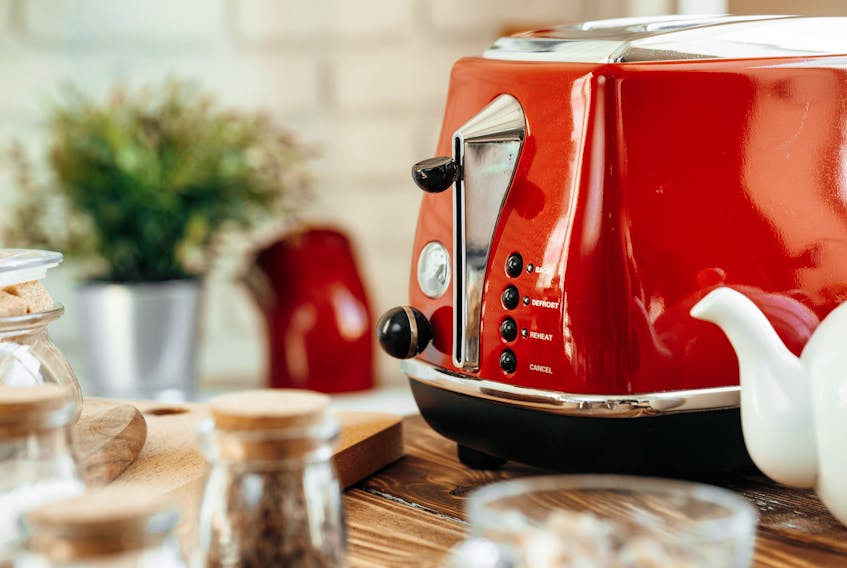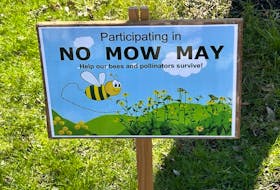Home is where the heart is.
There’s no place like home.
Home, sweet home.
Home is not where the person you pledged to spend the rest of your life with is supposed to yank you by your hair, dragging you across the room.
Home is not where you expect to feel his hands tightly gripping your neck.
Home is not where you sob bitter tears of shock and hurt and rage into the carpet as he kicks your ribs repeatedly.
Home is where the walls are decorated with family pictures, kids growing through the years in awkward school portraits.
Home is where the retro toaster — the first “homey” thing you bought as a couple — has a prized place on the counter.
Nowhere among the definitions of the word “domestic” will you find “violence exacted by one intimate partner upon another, typically within the home.”
Home is where the old-fashioned clock ticks with reassuring regularity, an inheritance from your grandparents.
Home is where you have a drawerful of charming crayon drawings that you can’t bear to part with.
Home is tea and toast. It’s what you should think of when you read the word “domesticity,” which has a pleasing sibilance on the tongue.
“Domesticity: home or family life,” the dictionary says. “The atmosphere is one of happy domesticity.”
Domestic life should be all about security. Home is where you’re supposed to feel safe — and sound. Where you feel free to be yourself. Where you feel sheltered and loved. Where you can let your guard down.
Nowhere among the definitions of the word “domestic” will you find “violence exacted by one intimate partner upon another, typically within the home.”
Nowhere.
So why do we persist in using this term?
More and more, police use the term intimate partner violence. It’s better than not so long ago when what otherwise would have been characterized as a brutal assault would be neatly labelled “a domestic.”
I’ve always bristled at the term. It’s as if being ritually, cruelly and verbally abused by your partner is somehow all in a day’s life. As if being pushed downstairs or slapped in the face or having your arm painfully twisted behind your back is as much a regular household occurrence as filling up the dishwasher or throwing a load of clothes in the wash.
Home is where your private life, your family life, largely unfolds. But to lump abusive and violent behaviour in with other aspects of domestic life does us all a disservice.
It suggests such acts are intimate and deserve privacy, carried out behind lace curtains or wicker window blinds, along with the vacuuming and the stripping of beds.
I once attended a function with two black eyes and a nose so swollen that if you wiggled it you could hear the cartilage crackle.
No one asked what had happened.
What had happened was that I smacked my face on the bottom of an open wooden stair railing when I raised my head abruptly from picking up a sock on the floor that had fallen out of a basket of laundry.
But you get my point.
While some people in this situation would be quick to ask questions — has someone hurt you? Do you want to talk? Are you safe at home? — others are afraid of what the answers might be. Welts and bruises, a frightened look in the eyes, all that may point to a truth too painful to bear or which makes the person asking the questions feel like they are wading into something that is none of their business. Or perhaps they don’t want to offend by suggesting violence might have occurred.
But violence against an intimate partner, exerting power through brutality, violence against women — which is what it is in most cases — should never be ignored or kept private.
We should never look away.
I can’t tell anyone else what to call it, but to me domestic and violence don’t belong in the same phrase.
Pam Frampton is The Telegram’s managing editor. Email [email protected]. Twitter: pam_frampton









